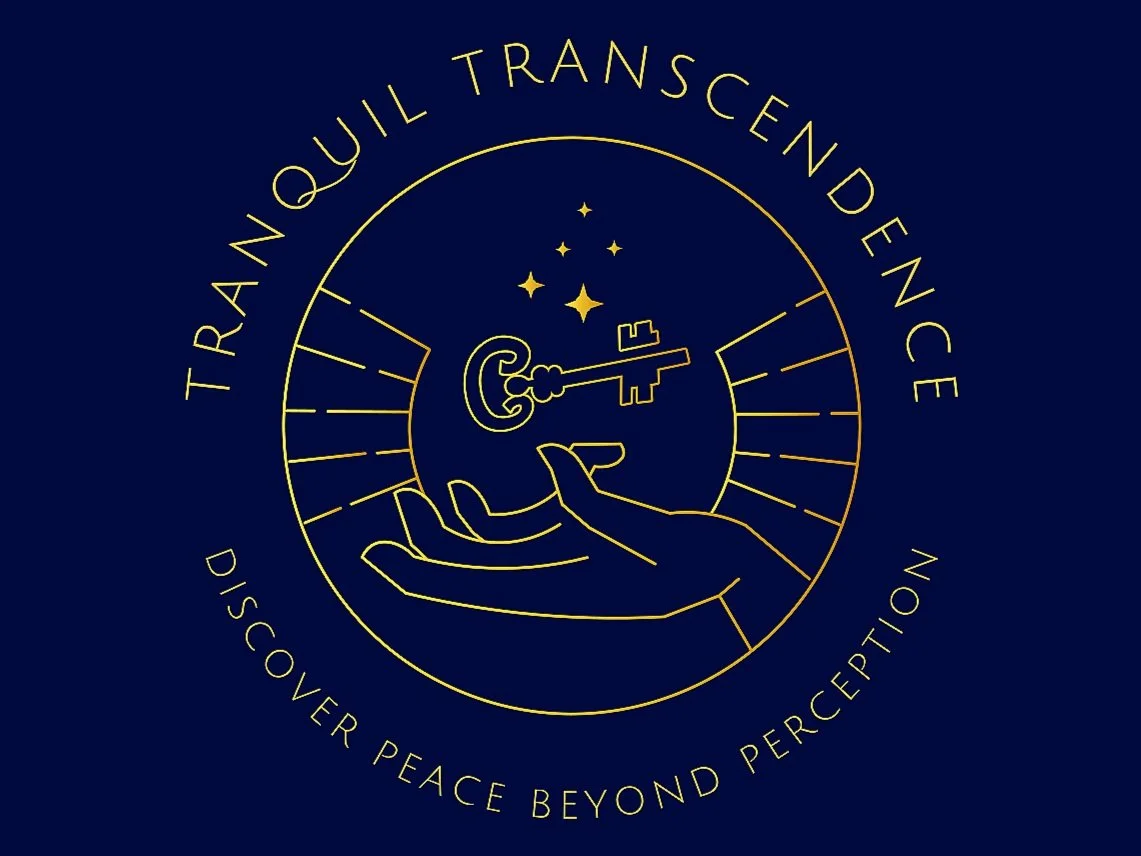
Frequently asked questions.
Should I follow a special diet before the ceremony?
Many traditions recommend a “clean” diet for 1–3 days prior. This may include:
Avoiding red meat, processed food, sugar, and caffeine
Eating light meals, ideally plant-based
Fasting for 6–12 hours before the ceremony
This helps minimize nausea and grounds the body energetically.
What should I bring or wear to a psilocybin ceremony?
Bring comfortable, layered clothing, a water bottle, journal, eye mask, a small sacred object (if meaningful), and an open heart. Avoid synthetic scents or flashy clothing. Simplicity helps keep focus inward.
How do I set an intention for the ceremony?
Intention-setting is a core element. Reflect on questions like:
What am I ready to heal?
What do I need to see more clearly?
How can I open to more love or truth?
Keep it simple, heartfelt, and open-ended (e.g., “Show me what I need to see”).
What happens during a psilocybin ceremony?
Ceremonies vary but often include:
Opening circle or meditation
Dosing and settling in
Music, silence, or breathwork
Inner journey time (3–6 hours)
Closing integration or sharing
Participants usually lie down, wear an eye mask, and go inward while supported by facilitators.
What kind of experiences should I expect—visions, emotions, or something else?
Expect the unexpected. Some experience vivid visuals, others deep emotional release, still others encounter spiritual beings, childhood memories, or profound stillness. Each journey is unique—avoid rigid expectations. We believe you will have the journey you need, not necessarily the journey you want!
How long does the psilocybin experience last?
The active experience typically lasts 4 to 6 hours, with peak effects around hour 2–3. Aftereffects like reflection, fatigue, or heightened sensitivity can last an additional 2–4 hours. Many report “afterglow” sensations for days or weeks.
Is there anything I should avoid doing during the ceremony?
Avoid:
Talking excessively
Touching others without permission
Resisting the experience or trying to “control” it
Using your phone or electronics
Stay inward, trust the process, and allow what wants to arise.
Can psilocybin help with trauma or emotional healing?
Yes—numerous studies and anecdotal reports suggest psilocybin can help people process repressed emotions, trauma, grief, or PTSD. It often provides a new perspective or unlocks cathartic release. However, this work should be guided and supported, especially in cases of complex trauma.
Is it normal to experience fear or discomfort during the trip?
Absolutely. Fear, sadness, confusion, or ego resistance are common, especially during challenging moments. These feelings often precede breakthroughs. With support and surrender, many find that the most difficult parts lead to the deepest healing.
What’s the difference between a recreational trip and a ceremonial one?
Ceremony involves intention, sacred space, support, and a healing or spiritual aim. Recreational use often centers around fun or exploration, with less structure. Ceremonial use tends to produce deeper, longer-lasting personal transformation.
What does integration mean after a psilocybin journey?
Integration is the process of taking the insights, emotions, or visions from the experience and weaving them into your daily life. It’s where the true transformation happens. Without integration, insights may fade or remain abstract.
How can I best integrate what I experienced into daily life?
Tools for integration include:
Journaling your reflections
Meditation or mindfulness practices
Speaking with a therapist or integration coach
Making lifestyle changes that reflect your insights
Continued self-inquiry and shadow work
Should I journal, talk to someone, or seek therapy after the ceremony?
Yes—these are all excellent tools. Talking with someone who understands the psychedelic space (e.g., a therapist, coach, or facilitator) can help contextualize your experience. Journaling regularly helps you track emotional shifts and new clarity.
What are the typical effects of a psilocybin experience?
Common effects include changes in visual perception (patterns, colors), time distortion, emotional intensity, spiritual insight, and ego dissolution. People often report deep feelings of connection, clarity, or catharsis. Physically, effects can include nausea, chills, or increased heart rate.
What if I have a “bad trip”? Can a challenging experience still be valuable?
“Bad trips” are often misunderstood. While the experience may feel frightening, overwhelming, or dark, these journeys can hold deep shadow material or unresolved trauma. With the right support, they become initiatory — catalysts for profound healing. What’s key is how it’s held, processed, and integrated afterward.
What if I don't "see" anything or feel like nothing happened?
Not every journey is visionary or dramatic. Sometimes the medicine works subtly or beneath conscious awareness. Emotional numbness, stillness, or silence can still signal important shifts. Be patient and trust the process — insight may unfold in dreams, synchronicities, or gentle changes over weeks.
Can psilocybin lead to a spiritual awakening or crisis?
Yes. Psilocybin can initiate spiritual awakening, a deep realization of interconnectedness or non-duality. But awakening may be followed by spiritual crisis — confusion, ego disorientation, or existential questioning. Having experienced guides, a supportive community, or integration therapy can help navigate these openings with grace and stability.

